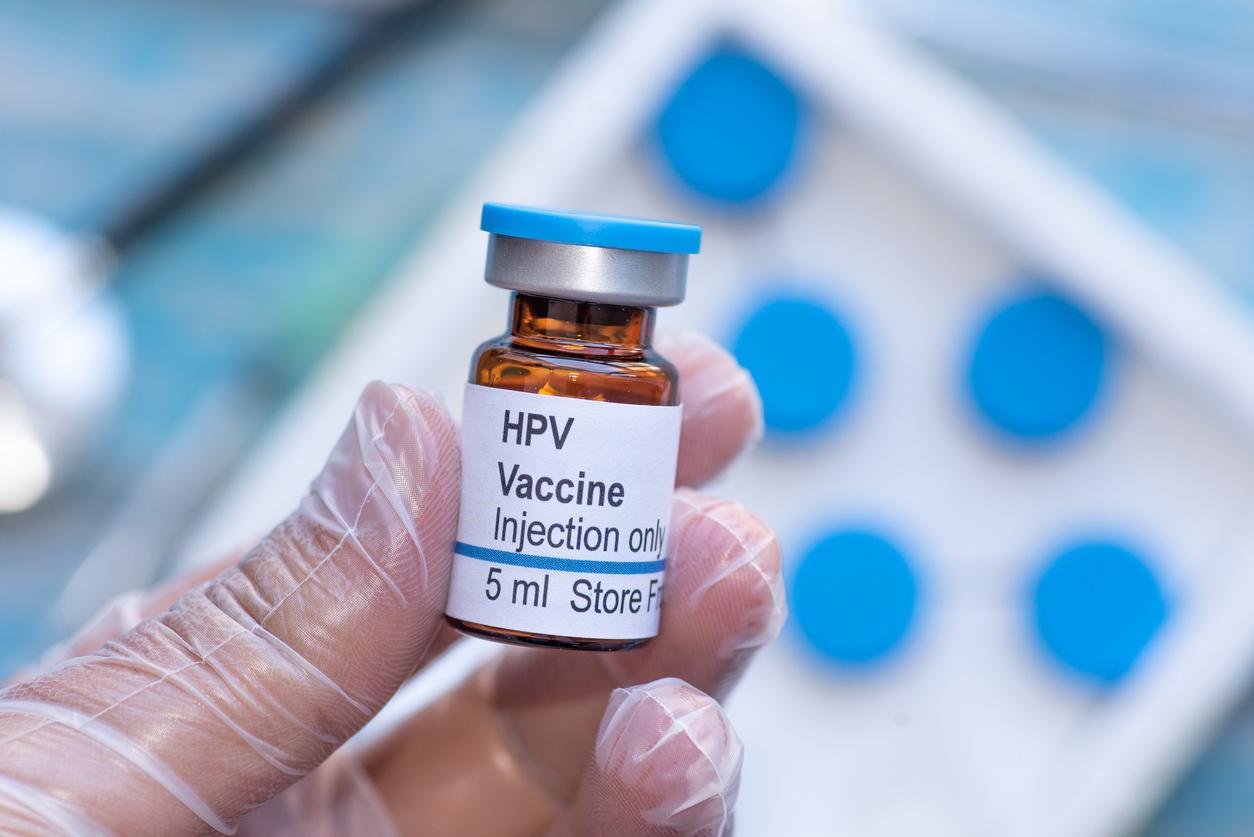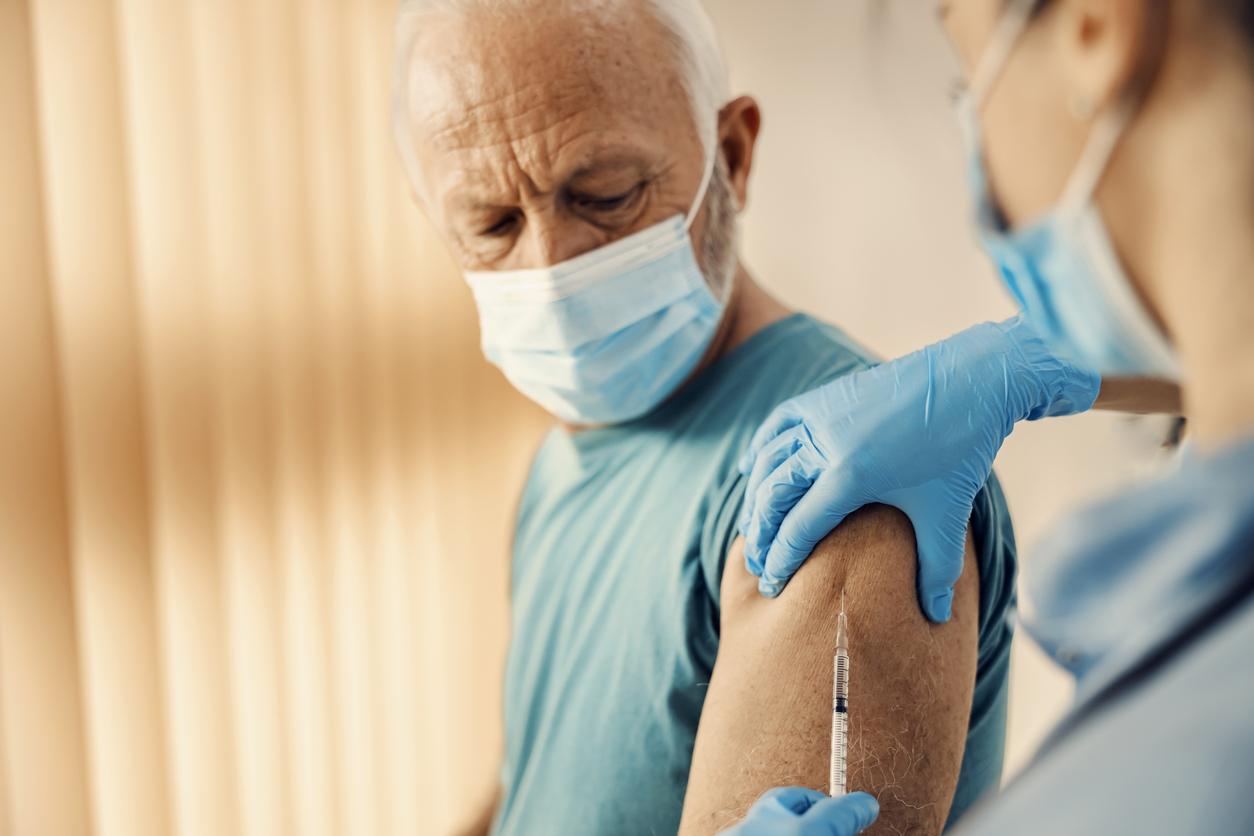While in France, chickenpox vaccination is not recommended, it is mandatory in the United States. This new American study therefore makes it possible to better analyze the benefits of systematic vaccination of children against chickenpox.
Chickenpox is a very common childhood illness, most often mild. It heals in 1 or 2 weeks. However, this contagious disease can sometimes lead, in more vulnerable people, to complications such as secondary skin infections, pulmonary infections or neurological damage. Therefore, it could be useful to develop universal vaccination. However, in France, the High Council of Public Health (HCSP) has indeed confirmed the non-recommendation of universal vaccination of children against chickenpox.
Vaccination against chickenpox in France
In France, 2 monovalent vaccines against chickenpox are currently available (Varivax® and Varilrix®). But vaccination is neither universal nor compulsory, due to the mild nature of the disease and the advantage of contracting this disease during childhood. Indeed, this disease can be very dangerous for pregnant women and for adults in general.
What the American study reveals
For 14 years, researchers followed 7,585 children vaccinated in 1995, then aged 1 to 2 years, to analyze the long-term effectiveness of the vaccine.
In 2006, a second dose of vaccine was introduced in the United States.
They found that:
-the efficiency rate was 90%
-that on the same number of people, 10 times less cases of chickenpox were declared.
-that during the 14 years, the 1,505 cases of resurgence were considered extremely mild.
-that after the introduction of the second dose, the incidence rate of chickenpox gradually decreased and the effectiveness of the vaccine increased.
– that for the benefits of the vaccine to be real, the vaccine had to be administered to 90% of the population
If vaccination against chickenpox is not compulsory in France in infants, the High Council of Public Health recommends it on the other hand to teenagers and people at risk.

















